Kashif Shah
- 167 Posts
- 263 Comments

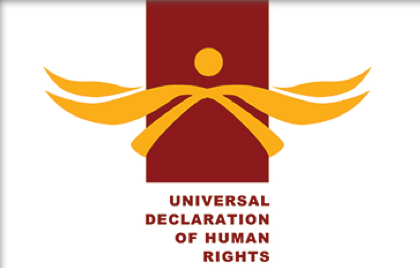 3·9 days ago
3·9 days agoIndeed, it is:
https://lemmy.sdf.org/post/18443730 <- universal healthcare and human rights
The right to the highest attainable standard of physical and mental health[10]—a right that practically all countries have committed to uphold
Except, the United States still hasn’t ratified.
https://lemmy.sdf.org/post/17662154 <- map of who hasn’t ratified
https://lemmy.sdf.org/post/17841177 <- easy-to-read ICESCR

 1·11 days ago
1·11 days agoComment removed for violating “0-tolerance for breaking all three rules at once”

 1·12 days ago
1·12 days agoSee https://lemmy.sdf.org/post/18229170 and https://lemmy.sdf.org/post/18182706 for relevant UN and academic discussions about this topic.

 1·15 days ago
1·15 days agoThis is the human rights community, so I’d be interested to hear what people think about, say, a third-world farmer using slash-and-burn agriculture to meet their basic needs.
A simplification of the question, from a human rights perspective is 1) does a given activity cause injustice for the human rights of others? and 2) is the actor within their rights to perform said activity?
Based on the little that I’ve read about slash-and-burn agriculture, it appears to be a sustainable choice for growing populations, but it is not sustainable for large populations. Also, that is apparently a fairly well understand farming technique, historically speaking. So it might be safe to say, that in this third-world, subsistence situation, the answer to 1) might be no and 2) might be yes.
One of the Human Rights is the right to work, so yes, sometimes human rights-based approaches will align with profit motives as equally as it will with environmental motives. What a human rights-based approach does not allow for, however, is letting profit motives overpower environmental motives.

 1·21 days ago
1·21 days agoThis will be a perma-sticky.
Add a comment if you think something should be added!

 1·21 days ago
1·21 days agoSince when did we get our news from The Onion?

 1·21 days ago
1·21 days agoIf you use the search functionality, there are some other
nuclearrelated posts that use rights-based language to describe nuclear technology.

 11·21 days ago
11·21 days agoThis is also relevant: #Atoms4Climate

 3·21 days ago
3·21 days agoFor real.
Check this out for some info about how human rights apply to this situation. I pulled out excerpts if you don’t want to read the whole thing:
[2016] [resource] OHCHR | Report on the Right to Life and + the Right to Adequate Housing
[resource] The human right to adequate housing: Special Rapporteur on the right to adequate housing

 31·21 days ago
31·21 days agoThis is relevant:
https://lemmy.sdf.org/post/17719095
What China is doing is premised on the idea that global warming is inevitable, so it is best to prepare protections for the people. The linked article goes into detail about their massive earthworks and waterworks projects.

 1·21 days ago
1·21 days agoOver half a million people are estimated to be homeless in the United States on any given night
Seems relatively obvious to me that the courts can’t handle this one and we need congress to act. Ratification of the International Covenant on Economic, Social, and Cultural Rights (ICESCR) would require congress to write domestic laws to incorporate a core subset of the UN UDHR human rights.
#homeless #homelessness #houseless #houselessness
#politics #usa
#unudhr #humanrights
#voteyourconscience

 1·21 days ago
1·21 days agoI think so, yeah.

 1·21 days ago
1·21 days ago- The true reunification of the right to life and the right to adequate housing, however, can only be accomplished by a global response, led by States, including their legislatures and courts, by human rights institutions and by civil society.
- States must address issues of inadequate housing and homelessness and name them as core human rights issues linked to the right to life — in domestic law and policy and in international initiatives, including the 2030 Agenda for Sustainable Development and the New Urban Agenda. States must also conduct a thorough examination of legislation, court practice and public policies to ensure that the right to life is not restricted to a negative rights framework. States must formally recognize that the right to life includes the right to a place to live in dignity and security, free of violence, and ensure access to justice for all victims of violations of the right to life, including those linked to homelessness and inadequate housing. Governments must ensure the effective integration of housing policy and social protection with human rights frameworks, mechanisms and institutions, so that housing policy is properly framed around the implementation of core human rights obligations, and access to effective remedies is incorporated in programme design and implementation.
Contents
Page
I. Introduction . . . . . . . . . . . . . . . . . . . . . . . . . . . . . . . . . . . . . . . . . . . . . . . . . . . . . . . . . . . . . . . . . . . 4
II. Unearthing the connections: life, security, dignity and housing . . . . . . . . . . . . . . . . . . . . . . . . . 6
A. Homelessness . . . . . . . . . . . . . . . . . . . . . . . . . . . . . . . . . . . . . . . . . . . . . . . . . . . . . . . . . . . . . 6
B. Informal settlements . . . . . . . . . . . . . . . . . . . . . . . . . . . . . . . . . . . . . . . . . . . . . . . . . . . . . . . . 7
C. Migration . . . . . . . . . . . . . . . . . . . . . . . . . . . . . . . . . . . . . . . . . . . . . . . . . . . . . . . . . . . . . . . . . 8
D. Natural disasters . . . . . . . . . . . . . . . . . . . . . . . . . . . . . . . . . . . . . . . . . . . . . . . . . . . . . . . . . . . 8
E. Post-conflict situations . . . . . . . . . . . . . . . . . . . . . . . . . . . . . . . . . . . . . . . . . . . . . . . . . . . . . . 9
F. Financial and housing crises . . . . . . . . . . . . . . . . . . . . . . . . . . . . . . . . . . . . . . . . . . . . . . . . . 9
G. Domestic violence . . . . . . . . . . . . . . . . . . . . . . . . . . . . . . . . . . . . . . . . . . . . . . . . . . . . . . . . . . 10
H. Independent living and institutionalization . . . . . . . . . . . . . . . . . . . . . . . . . . . . . . . . . . . . . . 11
III. Human rights law: the right to life and the right to housing . . . . . . . . . . . . . . . . . . . . . . . . . . . . 11
IV. Towards a more inclusive understanding of the right to life and the right to adequate housing 15
A. Draft general comment No. 36 of the Human Rights Committee on the right to life . . . . 15
B. Other treaty bodies . . . . . . . . . . . . . . . . . . . . . . . . . . . . . . . . . . . . . . . . . . . . . . . . . . . . . . . . . 16
C. Regional jurisprudence . . . . . . . . . . . . . . . . . . . . . . . . . . . . . . . . . . . . . . . . . . . . . . . . . . . . . . 19
D. Domestic jurisprudence . . . . . . . . . . . . . . . . . . . . . . . . . . . . . . . . . . . . . . . . . . . . . . . . . . . . . 20
V. The way forward: conclusions and strategic recommendations . . . . . . . . . . . . . . . . . . . . . . . . . . 22

 2·21 days ago
2·21 days agoI really don’t think that community service is an effective remediation. Maybe 20 years community service.
FTA:
The announcement is the first determination of its kind for any Israeli unit by the US government. State Department spokesman Vedant Patel said five security forces units committed gross violations of human rights.
“Four of these units have effectively remediated these violations, which is what we expect partners to do,” he said.
“For a remaining unit, we continue to be in consultations and engagements with the government of Israel; they have submitted additional information as it pertains to that unit,” he added. The department denies claims it backed down under political pressure by continuing military assistance to the unit despite being unable to say whether or not there had been any accountability in the case.
“We are engaging with them in a process, and we will make an ultimate decision when it comes to that unit when that process is complete,” said Mr Patel.
All the incidents are believed to have taken place in the occupied West Bank and Jerusalem in recent years.
Under America’s “Leahy Law”, sponsored in 1997 by then-Senator Patrick Leahy, a finding that a foreign military unit committed gross violations of human rights means it can be cut from receiving US military assistance.
The US government says it considers torture, extrajudicial killing, enforced disappearance and rape as such types of violations when implementing the Leahy law. Even when there is such a finding, there is an exception to cutting military assistance if the state department is satisfied the cases have been dealt with and justice pursued by the government involved.

 2·21 days ago
2·21 days agoSee https://lemmy.sdf.org/post/17893901 for an OHCHR resource on human rights LGBTQ+ people.

 4·21 days ago
4·21 days agoYou are very welcome!
Indeed, that is a relatively accurate description.
You are free to leave it or delete, but I’d recommend leaving this one, as I’ve not posted any news about HK yet.
If you come across anything that you really think we need to know about, do post it here, and especially post any relevant human rights-based analysis that you come across.

 8·21 days ago
8·21 days agoCongrats on being the first person besides myself to post here :)
This is on target, but don’t flood us with news - resources > news in this community.

 4·22 days ago
4·22 days agoalso, apologies to everyone at lemmy.sdf.org if i am flooding local for you. i’ve been busy adding a bunch links
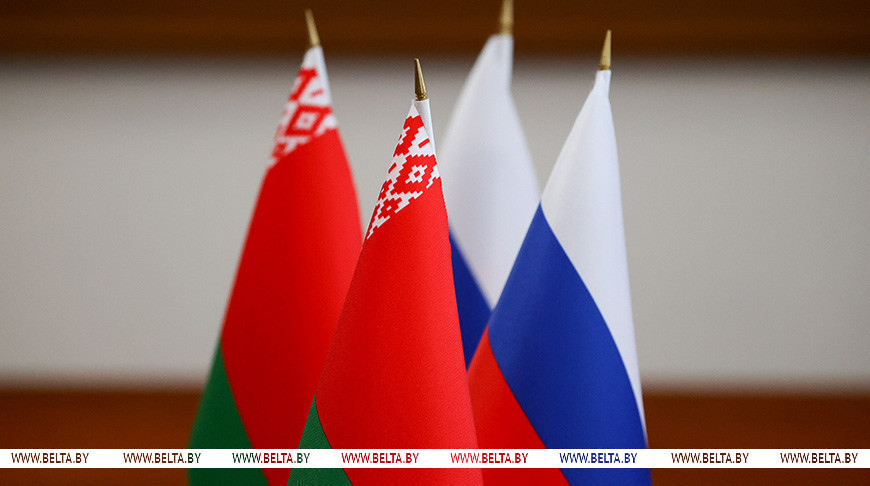
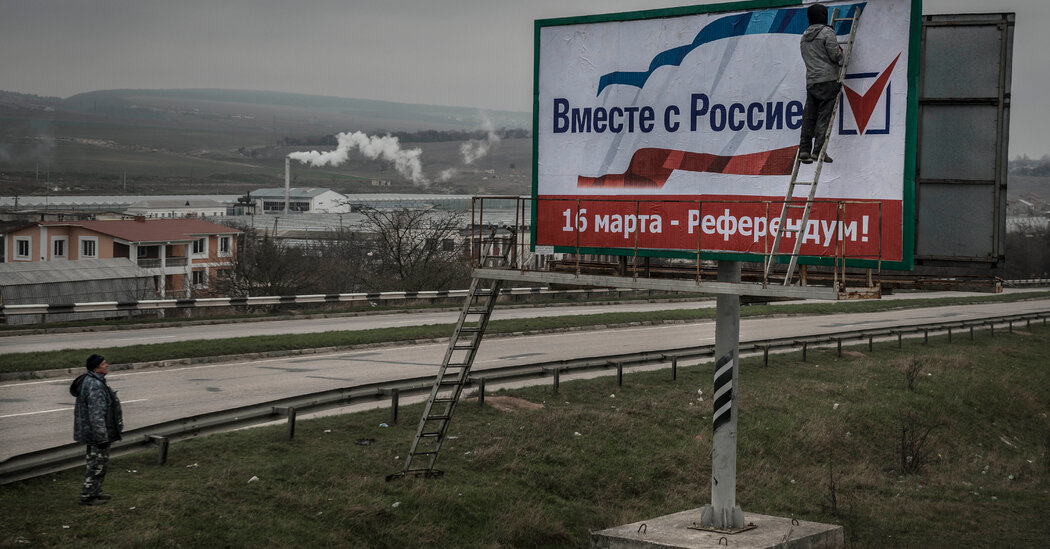



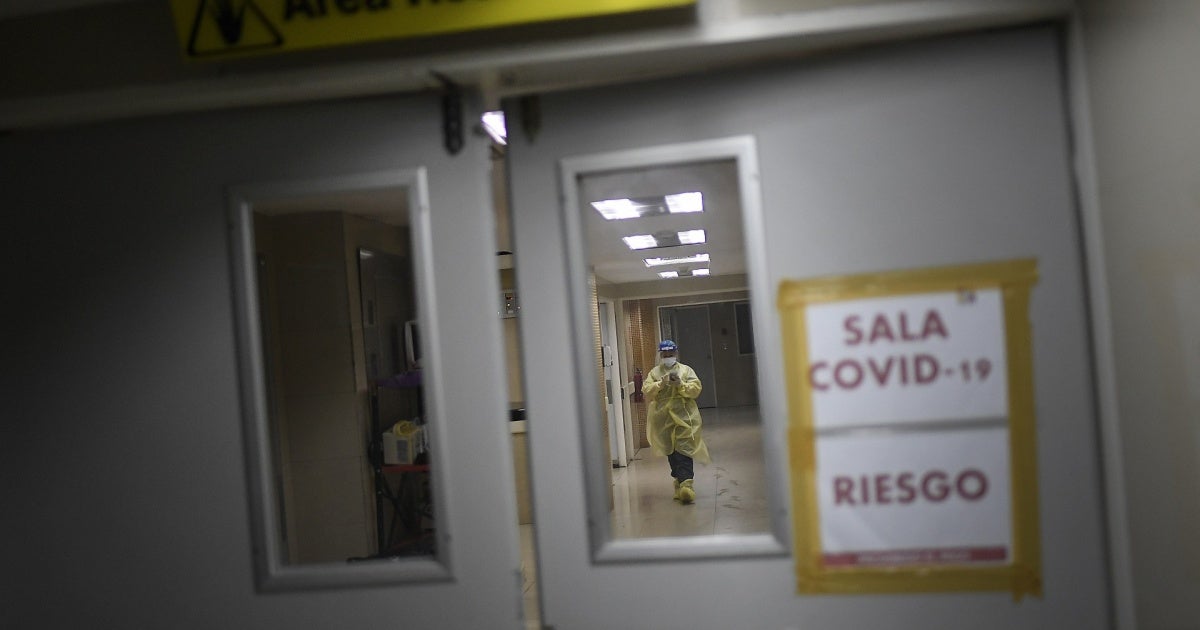
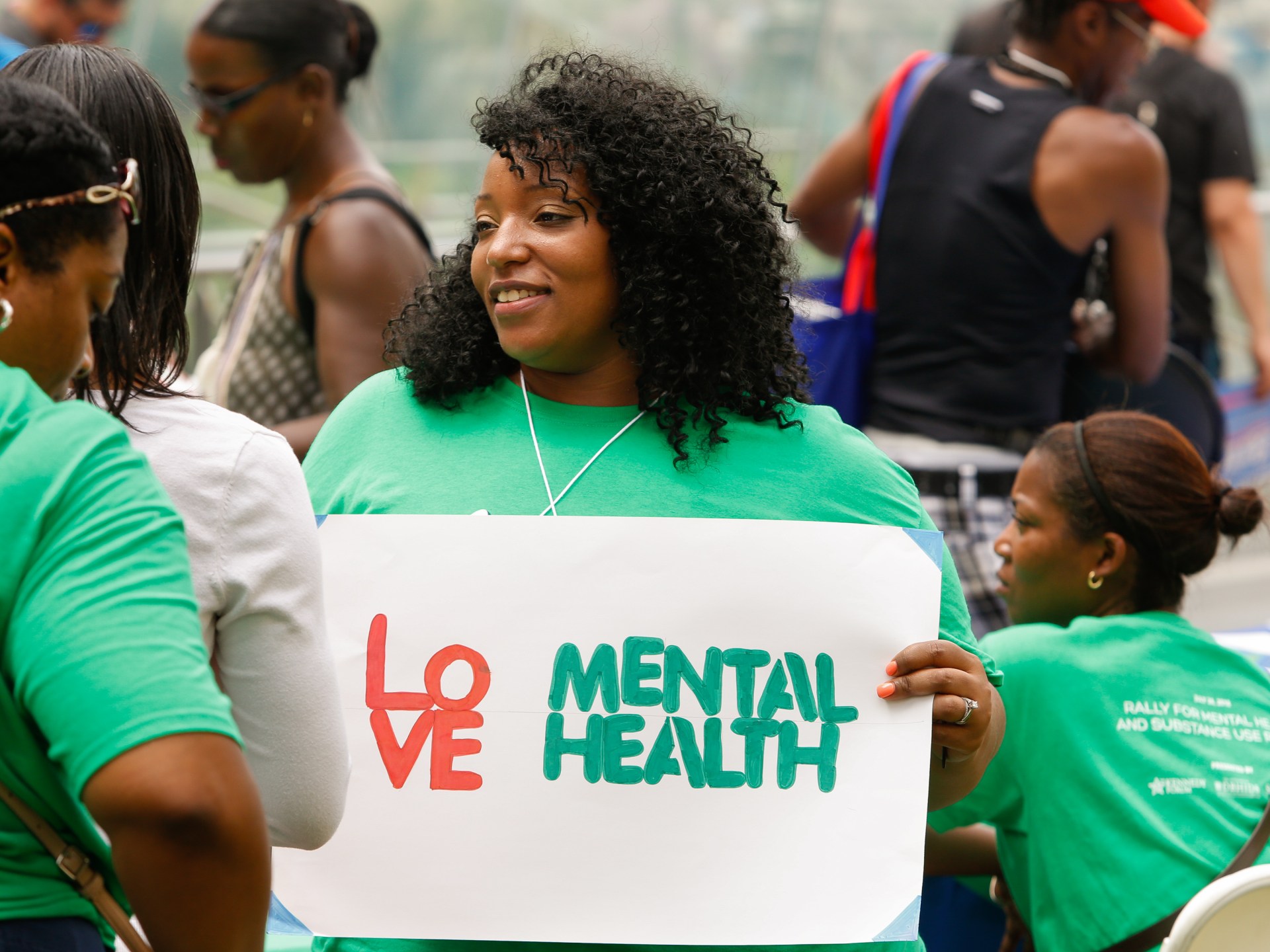
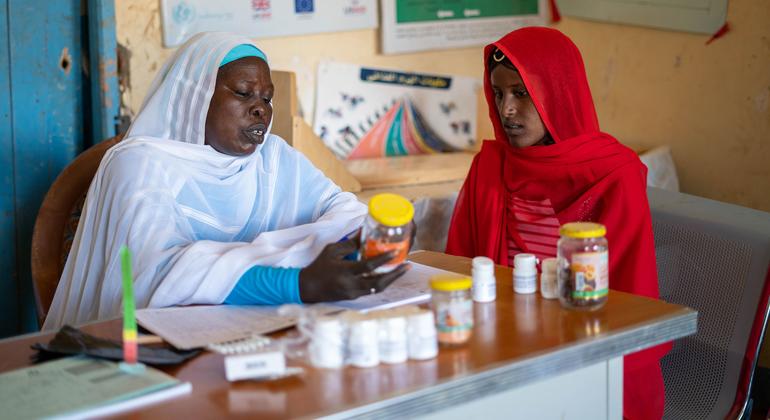
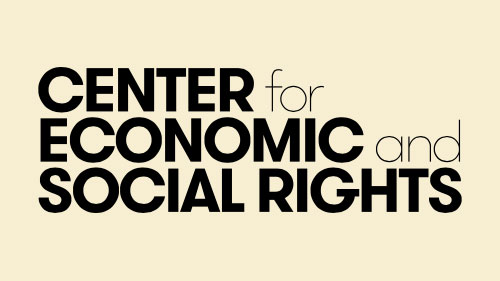


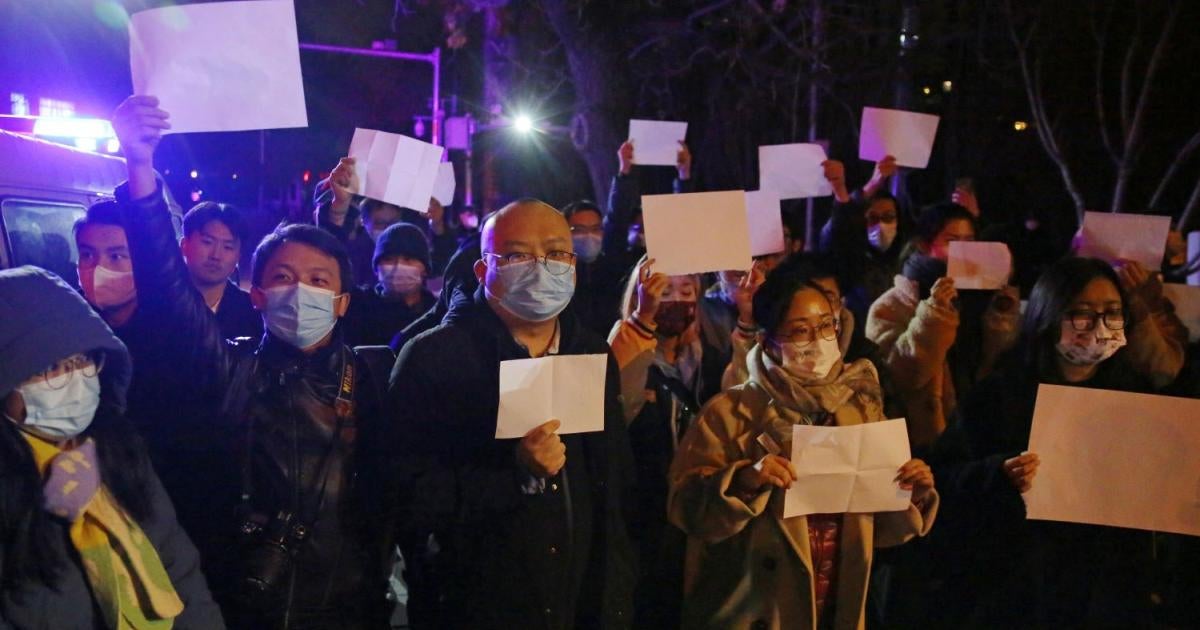

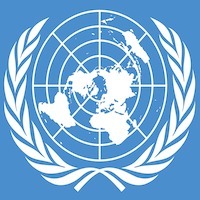

Interesting that this is being downvoted.
It would be great if someone could articulate the negative sentiment towards bitcoin.
As a former software developer, and someone who has briefly experimented with the blockchains, I can say that the technology is vastly over-hyped and completely misunderstood.
Can Human Rights be furthered by use of blockchains? It’s quite possible.
But what use is there focusing on the simplest of use cases: bitcoin?